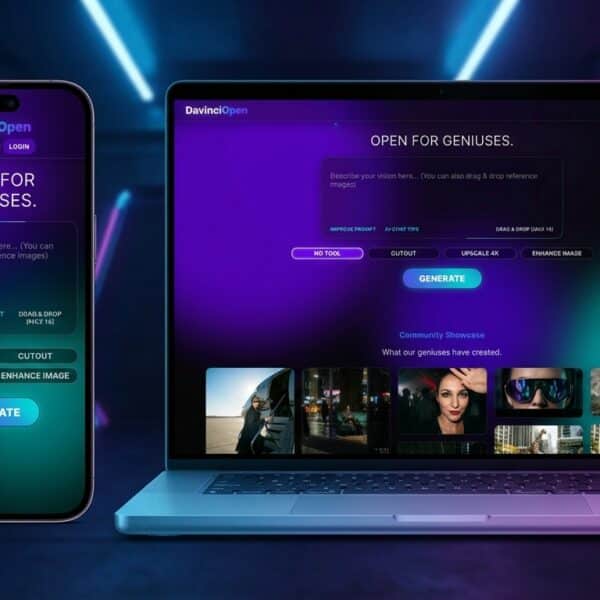Artificial Intelligence (AI) has emerged as a transformative force in the field of marketing, reshaping strategies and enabling unprecedented levels of personalization and efficiency. As we delve into 2024, this comprehensive guide explores the profound impact of AI on marketing, current trends, and practical strategies to harness its capabilities for optimal results.
Understanding the Role of AI in Marketing:
AI integrates advanced algorithms, machine learning, and data analytics to automate tasks, analyze vast datasets, and deliver personalized experiences. In marketing, AI facilitates more effective decision-making, enhances customer interactions, and improves overall campaign performance.
| AI in Marketing Trends | Description | Strategies for Integration |
|---|---|---|
| Predictive Analytics | Forecasting future trends with historical data | Customer segmentation, targeted campaigns |
| Chatbots and Conversational AI | Instant, personalized responses for user engagement | AI-generated content, marketing automation |
| Personalization at Scale | Tailoring messages, recommendations, and offers | AI-driven marketing automation, customer segmentation |
| AI in Advertising | Automated ad buying, real-time optimization | Programmatic advertising, AI-based retargeting |
| AI Marketing Success | Measuring KPIs, conversion rates, customer engagement | Regular analysis of AI-generated insights |
| Challenges and Considerations | Data privacy, ethical considerations, human oversight | Ensure responsible and effective AI implementation |
Current Trends Shaping AI in Marketing:
1. Predictive Analytics:* AI-driven predictive analytics leverages historical data to forecast future trends, enabling marketers to make data-driven decisions and anticipate customer behaviors.
2. Chatbots and Conversational AI:* Chatbots powered by AI provide instant, personalized responses to user queries, improving customer service and engagement on websites, social media, and messaging platforms.
3. Personalization at Scale:* AI enables dynamic content personalization, tailoring messages, recommendations, and offers to individual user preferences, leading to more relevant and engaging customer experiences.



Strategies for Effective AI Integration in Marketing:
1. Customer Segmentation and Targeting:* Use AI algorithms to analyze customer data and segment audiences based on behavior, demographics, and preferences. This allows for more targeted and personalized marketing campaigns.
2. AI-Generated Content:* Explore AI tools that can generate content, from product descriptions to social media posts. While human creativity remains invaluable, AI can assist in streamlining content creation processes.
3. Marketing Automation with AI:* Implement AI-driven marketing automation platforms to optimize workflows, schedule campaigns, and personalize communications based on user behavior and engagement patterns.
AI in Advertising and Retargeting:
1. Programmatic Advertising:* Utilize programmatic advertising platforms powered by AI to automate ad buying and optimize targeting in real-time, ensuring ads are shown to the most relevant audience.
2. AI-Based Retargeting:* Implement AI algorithms to analyze user behavior and deliver personalized retargeting ads. This ensures that users see relevant content based on their previous interactions with your brand.
Measuring AI Marketing Success:
Utilize AI analytics tools to measure key performance indicators, including conversion rates, customer engagement, and the impact of personalized campaigns. Regularly analyze AI-generated insights to refine marketing strategies.
Challenges and Considerations:
While AI offers immense potential, businesses must navigate challenges such as data privacy concerns, ethical considerations, and the need for ongoing human oversight to ensure responsible and effective AI implementation.
Conclusion:
As we venture into 2024, the integration of AI into marketing strategies is not just a trend but a fundamental shift in how businesses connect with their audience. By embracing AI technologies, businesses can enhance personalization, streamline processes, and gain a competitive edge in the dynamic and data-driven landscape of digital marketing. Stay tuned for more insights into the ever-evolving world of digital marketing.








































